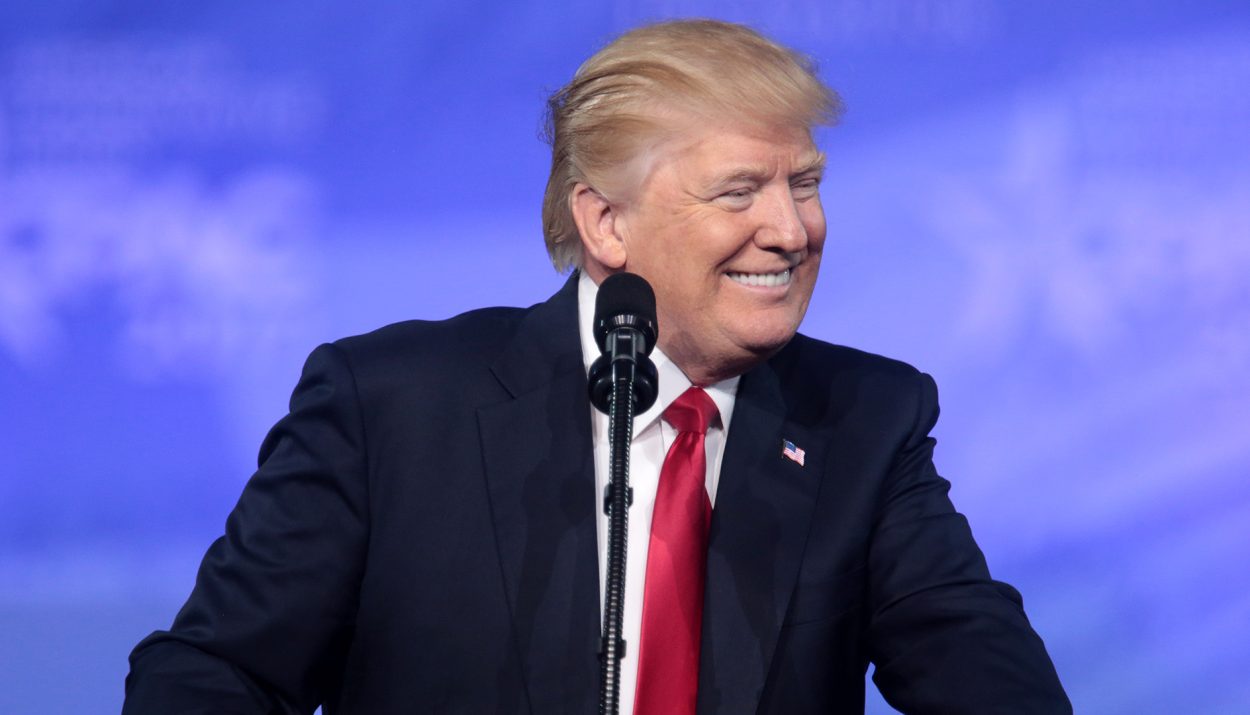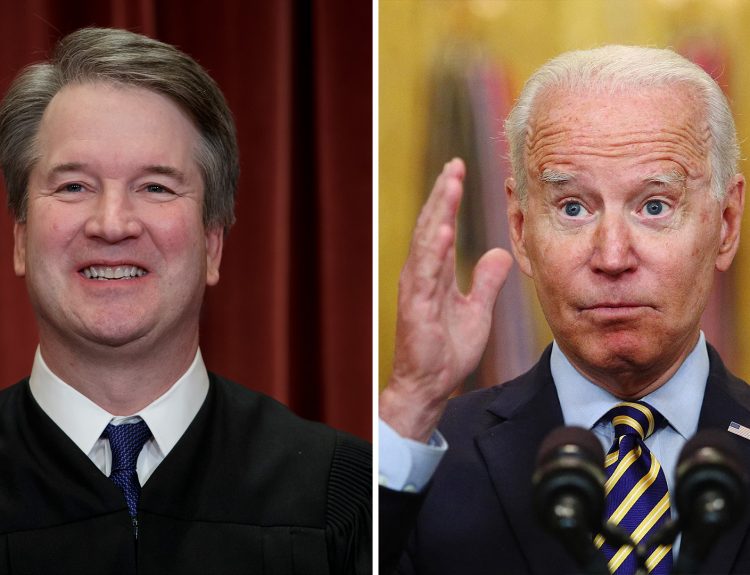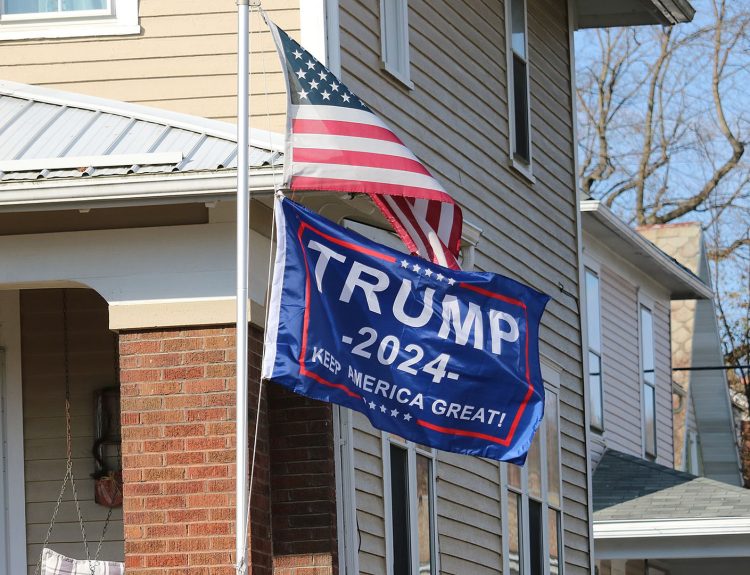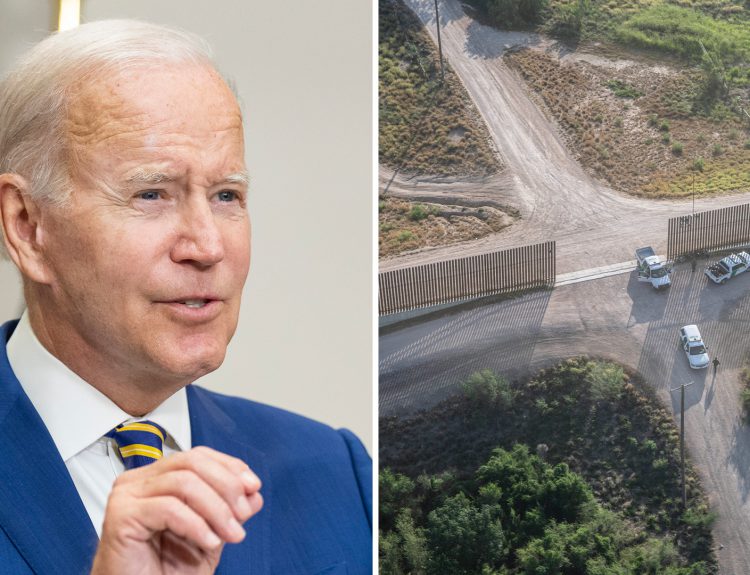In recent developments, the Supreme Court agreed to review Fischer v. United States, a case disputing the Justice Department’s application of an obstruction law to prosecute January 6 defendants. This move has already impacted numerous rioters’ cases, causing sentencing delays and raising doubts about the validity of charges against Donald Trump.
The Supreme Court’s eventual ruling on the applicability of the obstruction statute could potentially dismiss two charges in Trump’s federal case or overturn felony convictions for many Capitol rioters. Since last month’s announcement, multiple January 6 defendants have successfully postponed sentences and trials amid the unsettled legal interpretation. Some have already secured early releases from prison terms.
Suspension of Sentencings
The Supreme Court’s decision to review a case challenging the Justice Department’s application of an obstruction law to January 6 prosecutions has resulted in uncertainty and delays. Several defendants facing sentencing have successfully petitioned courts to postpone their hearings pending the outcome of this Supreme Court case.
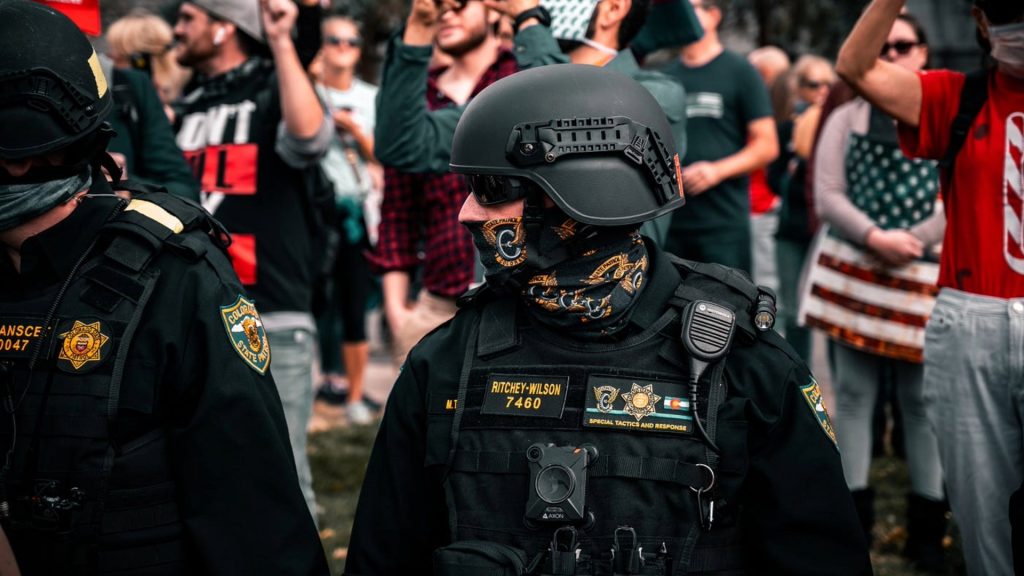
The case behind these delays, Fischer v. United States, contests the Justice Department’s broad use of obstruction charges against January 6 rioters. If successful, it could overturn some felony convictions and even invalidate two charges against Donald Trump. With implications for potentially hundreds of prosecutions, the Supreme Court’s eventual decision will have a major impact on delivering justice for the Capitol attack.
Charges Against Donald Trump
The Supreme Court’s recent decision to review a case challenging the Justice Department’s application of an obstruction law to January 6 rioters could have major implications for the prosecution of defendants in hundreds of related cases, including former president Donald Trump.
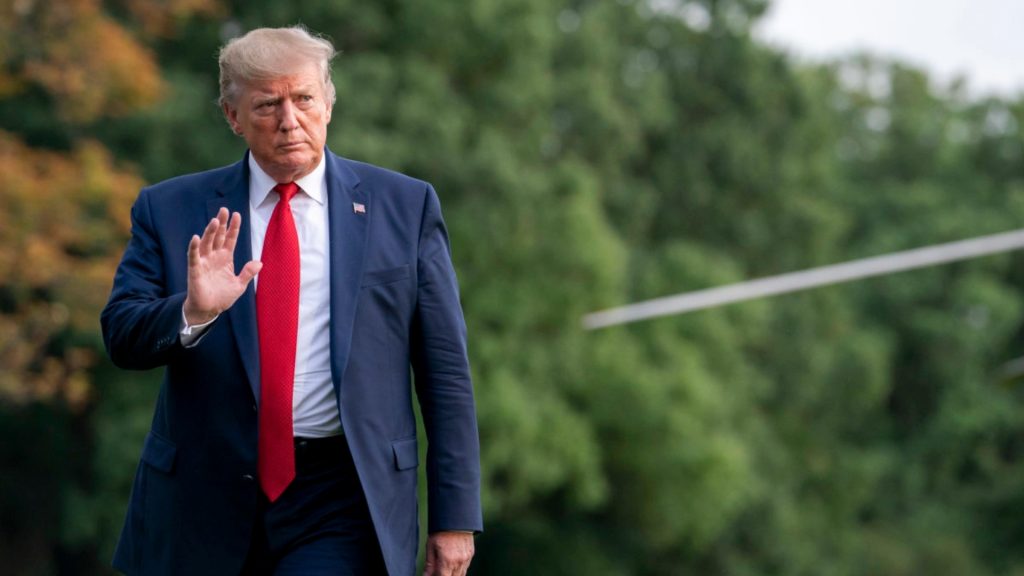
Specifically, if the challenge succeeds, it could potentially lead to the dismissal of two out of the four charges filed against Trump by special counsel Jack Smith in the federal election interference case. These two charges – conspiracy to obstruct an official proceeding and obstruction of an official proceeding – rely on the same obstruction law being disputed.
Potential Overturning of Conviction
The Supreme Court’s recent decision to review the Fischer v. U.S. case has introduced uncertainty into the legal landscape surrounding the January 6 prosecutions. This could potentially overturn felony convictions already secured against numerous rioters.
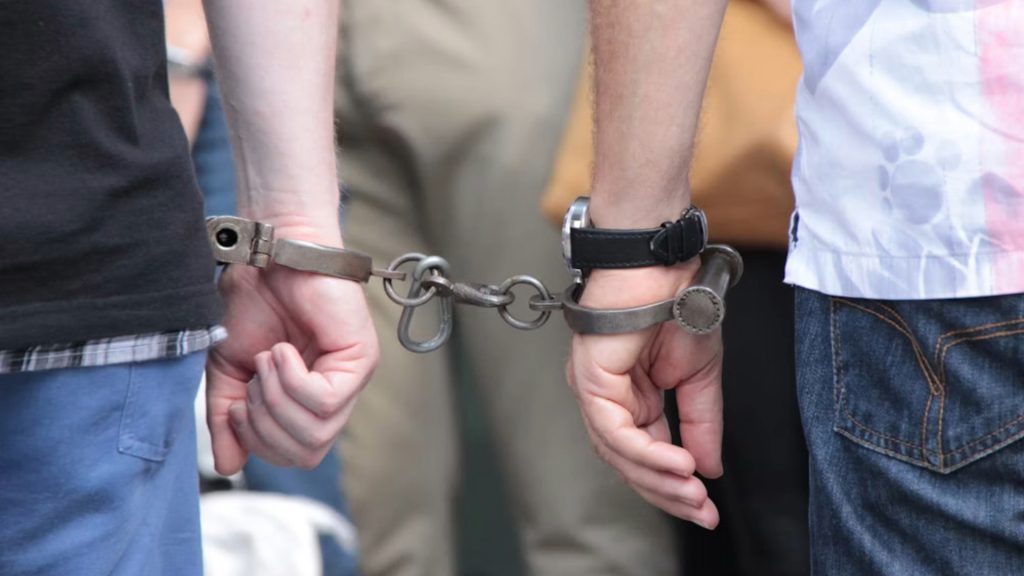
If the Supreme Court rules that this law does not cover Congress’s election certification process, it would undermine the legal basis used to convict many January 6 defendants on felony charges. Most notably, two of the four charges brought against former President Donald Trump in the federal election interference case rely on this same obstruction statute. If overturned, these charges could potentially be dismissed.
Requests for Postponement
In the aftermath of the Supreme Court’s decision to review Fischer v. U.S., many January 6 defendants have requested delays in their trials and sentencings. The implications of this case create uncertainty around interpreting and enforcing the federal obstruction law under which numerous rioters face charges.
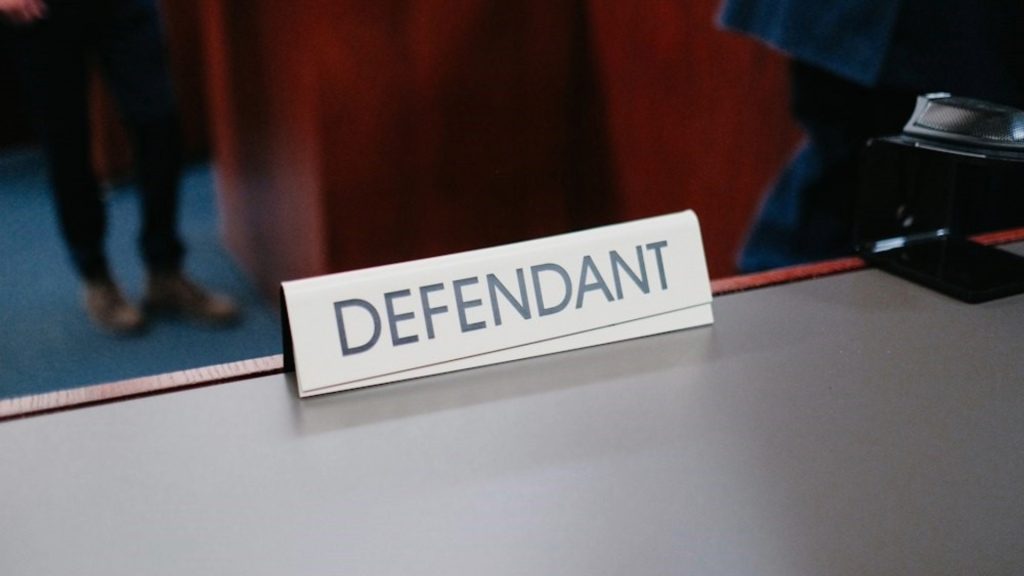
Some federal judges have denied requests, citing the need for timely justice, while others have agreed to postponements in several cases. Judges face challenging decisions balancing efficient case resolution and defendants’ due process rights.
Early Release Cases
The Supreme Court’s decision to review Fischer v. United States has resulted in uncertainty and shifting legal interpretations around the January 6th prosecutions. Several defendants have managed to secure early releases from prison pending the outcome of the Supreme Court case.
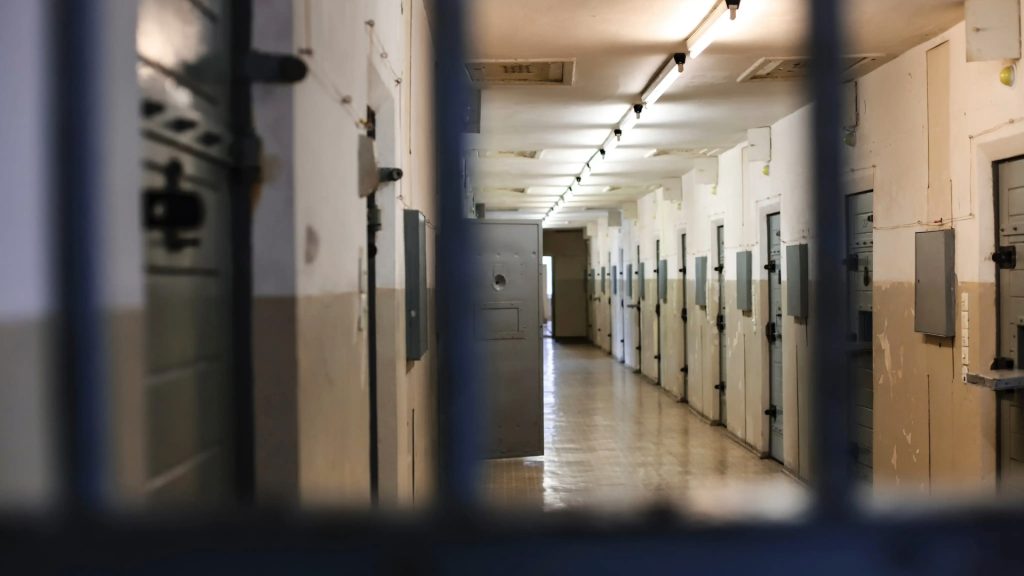
Alexander Sheppard, who was serving a 19-month sentence for obstruction and other charges, was granted release in early May after serving just six months. Other defendants like Kevin Seefried, known for carrying a Confederate flag in the Capitol, have sought and received delays in their sentencing amid the unsettled law.
Delayed Justice for Rioters
The Supreme Court’s decision to review the applicability of the federal statute prohibiting obstruction of an official proceeding has resulted in numerous requests from January 6 defendants to delay sentencing and trials. Some judges have granted such postponements, allowing certain rioters to temporarily avoid incarceration.
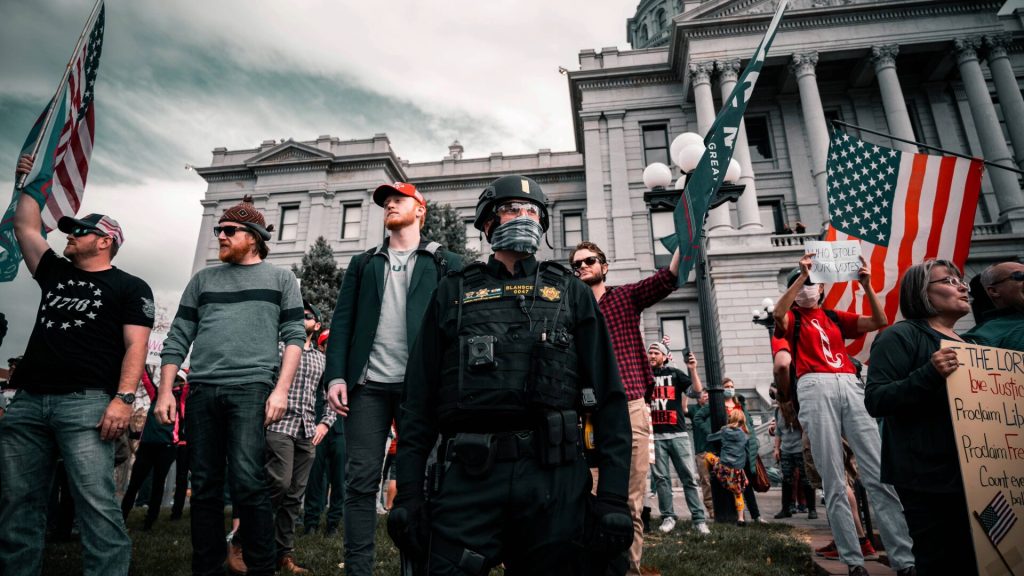
Kevin Seefried, who carried a Confederate battle flag inside the Capitol, is pursuing early release from prison as he awaits sentencing for his felony obstruction conviction. Other rioters have successfully secured sentencing delays until the Supreme Court rules on the obstruction law, expected by late June. Imprisoned rioter Alexander Sheppard even obtained a reduced six-month sentence, with possible early freedom depending on the verdict.
DOJ’s Core Strategy Challenge
Joseph Fischer, a former police officer convicted for obstructing Congress’ certification of the 2020 election, has initiated a Supreme Court case questioning the applicability of the federal obstruction law. This law forms the basis for felony charges against many January 6 defendants and two charges filed against Donald Trump.
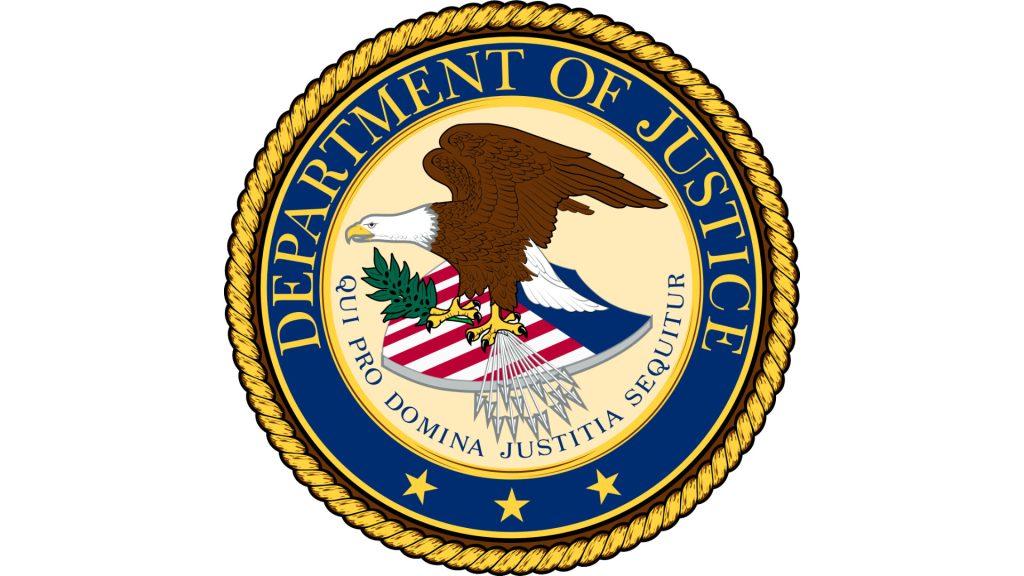
The Justice Department’s prosecutions rely on rioters having obstructed an “official proceeding” by breaching the Capitol as Congress formalized President Biden’s victory. Fischer contends congressional activities like certifying election results may not meet the criteria for an official proceeding under the law.
Doubts About Applicability
The applicability of the federal obstruction law to congressional activities has been thrown into doubt by Fischer’s case, raising uncertainties regarding the prosecution of the January 6 defendants. This law forms the basis for two of the four charges filed against Donald Trump by special counsel Jack Smith in the federal election interference case.
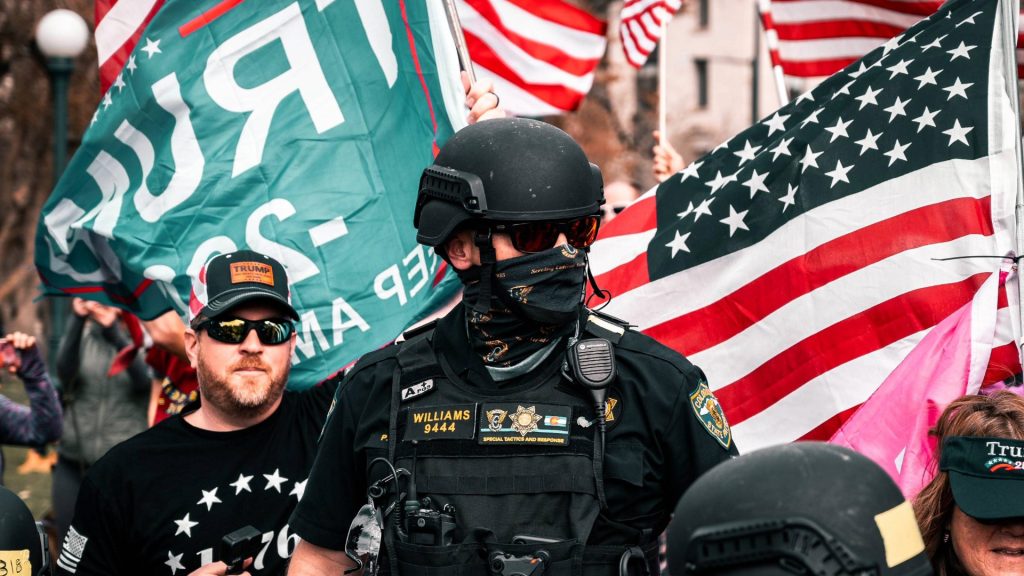
The legal ground has shifted radically due to doubts over the obstruction law, said Judge Beryl Howell. The interpretation once considered settled is now uncertain. This evolving legal landscape will likely impact hundreds of January 6 prosecutions.
Legal Implications for Trump
The Supreme Court’s decision to review the applicability of obstruction charges in the Fischer v. U.S. case holds significant legal implications for former President Donald Trump’s ongoing prosecution. Trump faces two charges in his federal election interference case – conspiracy to obstruct an official proceeding and obstruction.
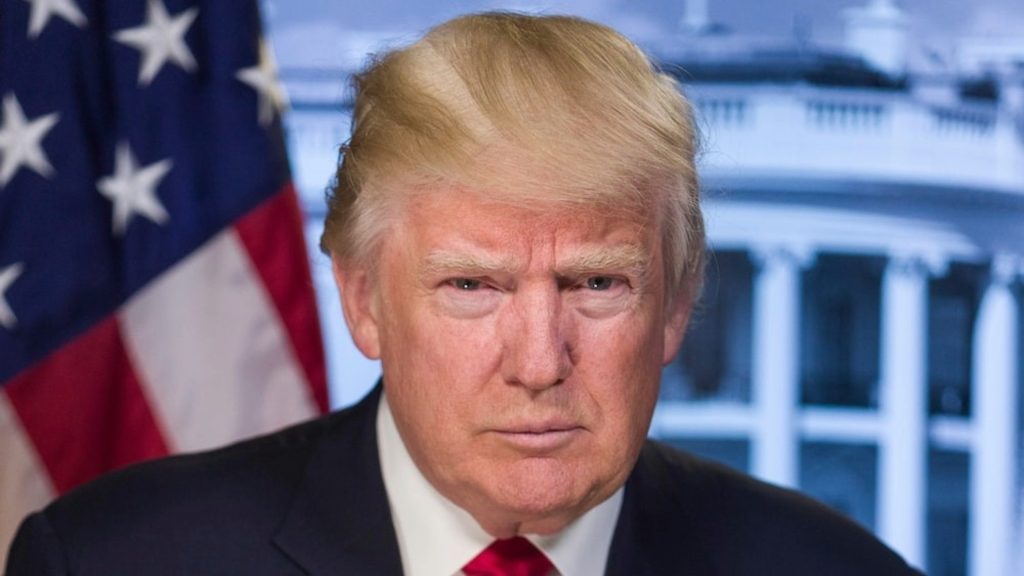
His attorneys intend to challenge the viability of the obstruction law should his case return to the trial judge before the Supreme Court rules on the Fischer case. Currently, the D.C. federal court maintains that both conspiracy and obstruction charges against Trump remain legally valid.
Valid Charges Against Trump
The DC federal court currently upholds two of the four charges filed against Donald Trump by special counsel Jack Smith. These charges relate to the events of January 6th, 2021, and include conspiracy to obstruct an official proceeding as well as obstruction of an official proceeding.
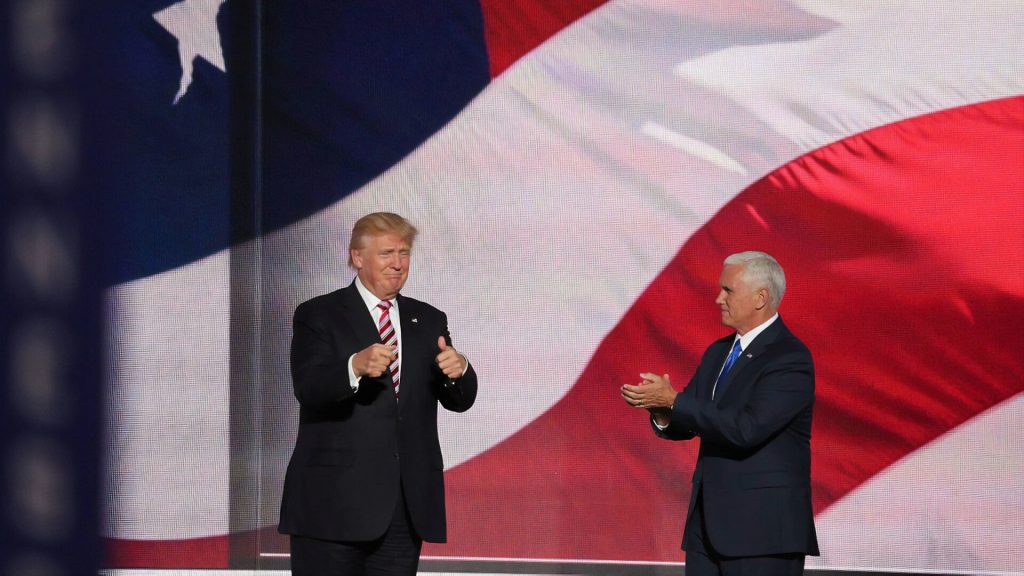
The court maintains the validity of the charges based on the applicable law that prohibits obstructing or interfering with any official proceeding, including congressional activities. This is the same federal statute under which many January 6 rioters have been convicted of felony obstruction charges.
Defense Strategies
As the Supreme Court agreed to consider Fischer v. U.S., challenging the Justice Department’s obstruction charge, a key strategy emerged among January 6 defense attorneys-seeking delays for their trials and sentencings pending the Court’s review. Some aim to secure early releases for their jailed clients, while others hope for potential case dismissals.
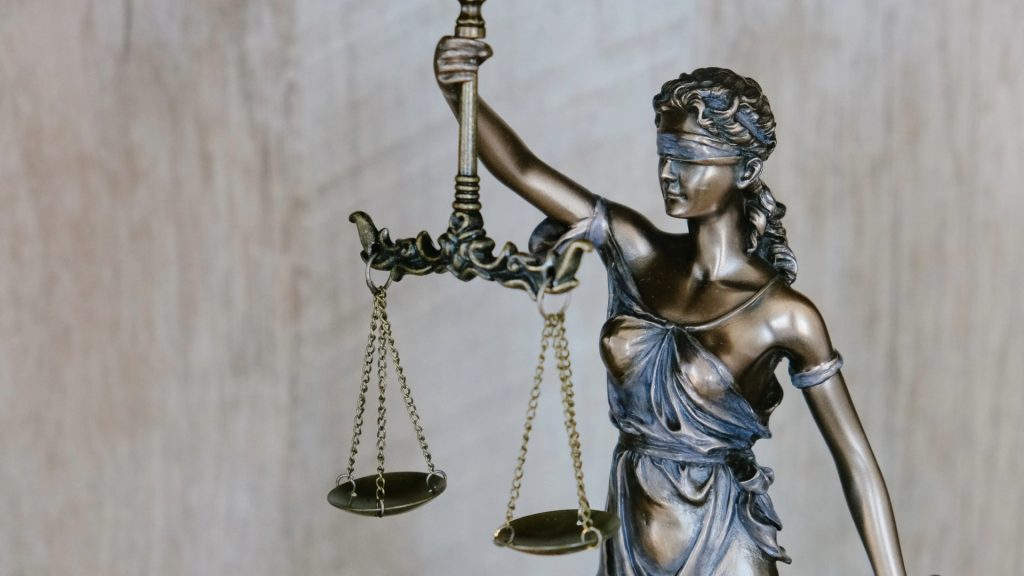
Multiple attorneys petitioned judges to suspend proceedings, although federal prosecutors largely opposed these requests. Certain rulings revealed the unsettled legal landscape, like Judge Beryl Howell noting the uncertain interpretation of the obstruction statute.
Supreme Court’s Crucial Decision
The Supreme Court recently agreed to consider a case challenging the applicability of obstruction charges in the January 6 prosecutions. Their impending verdict holds major implications for numerous defendants and even former president Donald Trump.
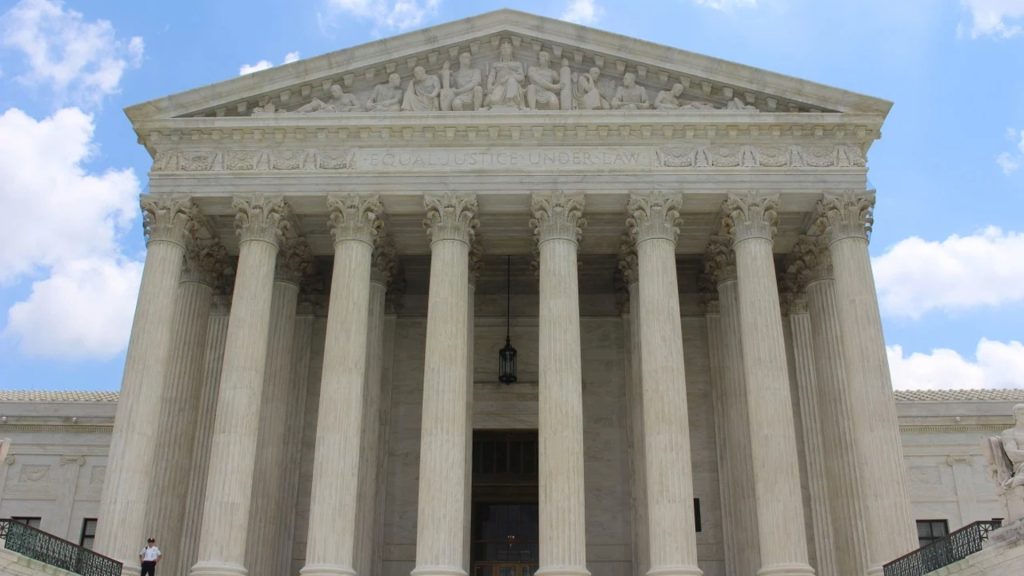
The case questions whether the obstruction law applies to interrupting congressional activities like the 2020 election vote certification. Two of the four charges in Trump’s federal case hinge on this same statute. Prosecutors generally oppose postponing January 6 cases due to the Court’s review. However, some judges have postponed trials and sentencings amid this legal uncertainty.
Opposition to Delays
The Office of the U.S. Attorney for the District of Columbia remains committed to advancing the cases against the January 6th Capitol riot defendants. They have opposed motions to delay trials and sentencings due to the implications of the Supreme Court’s consideration of Fischer v. United States.
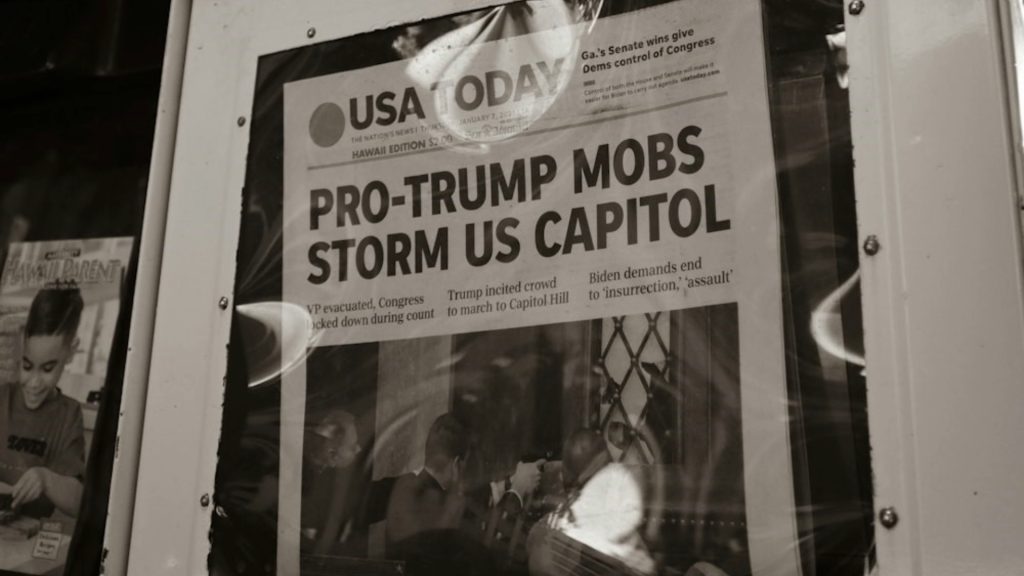
District Judge Beryl Howell echoed the prosecutors’ frustration with the unsettled interpretation of the obstruction law underpinning many charges. “We thought it was settled, but not anymore,” Howell lamented last month.
Call for Quick Justice
The Justice Department has emphasized the importance of timely case resolution for January 6 prosecutions, regardless of the implications of the Supreme Court’s review of Fischer v. United States. Prosecutors have opposed delays in several cases, arguing the need to advance these cases without postponing trials or sentencings.
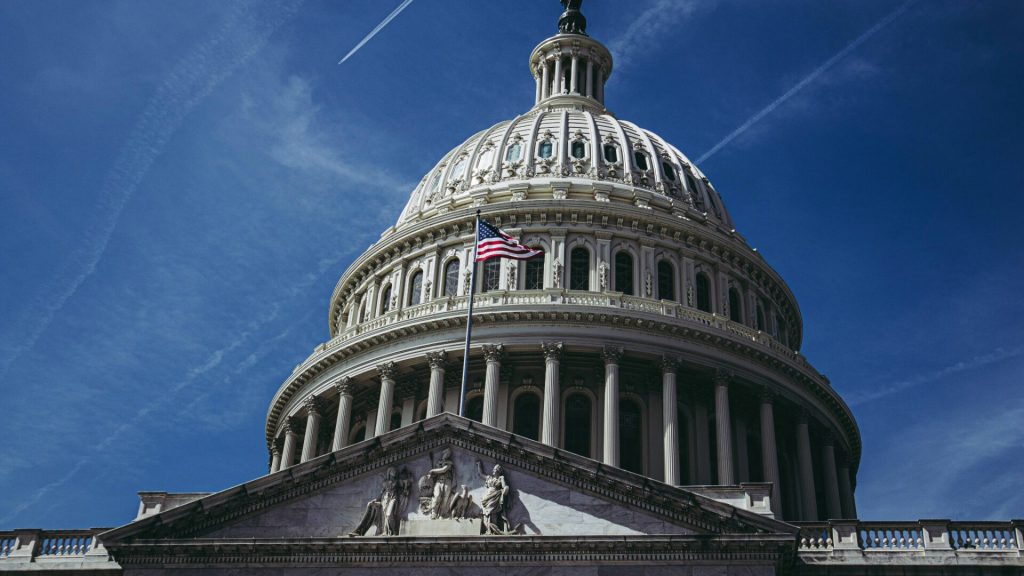
While some judges have resisted postponing cases, others have granted delays in light of the unsettled legal landscape regarding the obstruction statute. As Judge Beryl Howell noted, the evolving interpretation of the law has created uncertainty.
Legal Uncertainty
The implications are potentially far-reaching. The same obstruction charges feature prominently in the federal election interference case against Donald Trump brought by special counsel Jack Smith. According to sources, Trump’s legal team intends to challenge these charges if the case proceeds before the Supreme Court rules. Currently, two of Trump’s four charges are viewed as valid in D.C. federal court.
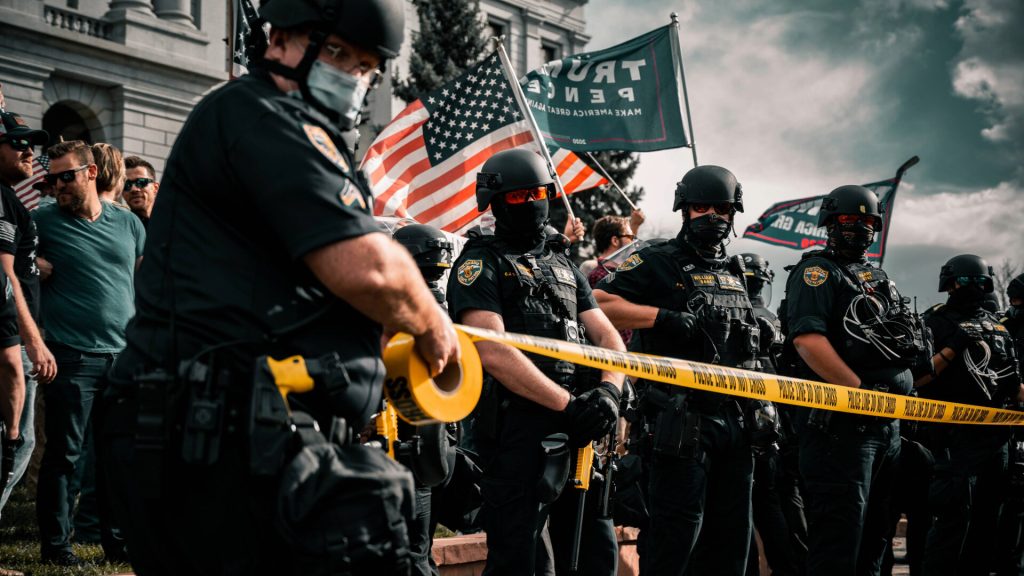
For the January 6 defendants, the Supreme Court ruling represents a glimmer of hope. Defense attorneys are contemplating seeking relief, with some attempting to delay trials or sentencings pending the court’s decision. The outcome carries special weight for defendants facing sole felony obstruction charges, as this charge enables harsher potential prison sentences.

